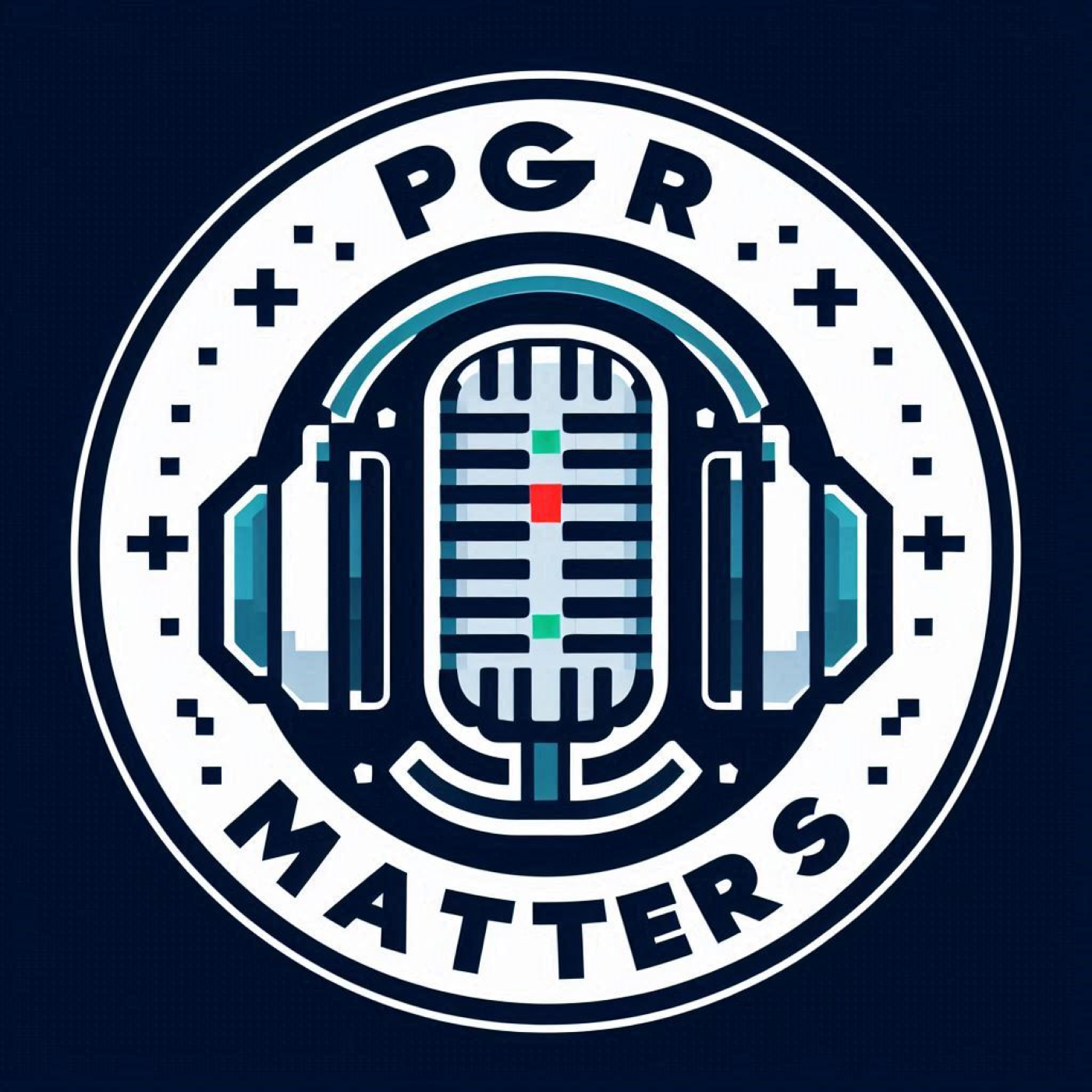PGR Matters Podcast
Podcast Description
Dive into the world of research with our PGR Matters Podcast! Meet postgraduate researchers and staff from the University of East Anglia and beyond as they unravel mysteries, share their passion, personal experiences and discuss all things academic. Hosted by Dr Matthew Sillence from the Faculty of Arts and Humanities Graduate School.
Have an idea for an episode? Feel free to get in touch at [email protected] (mailto:[email protected]) .
Podcast Insights
Content Themes
The podcast covers a wide range of themes pertinent to postgraduate research, including digital tools for researchers, neurodiversity in academic settings, and the historical impact of research figures like Greenvile Collins. Episodes feature discussions on practical research strategies, personal experiences, and significant academic contributions, such as the importance of mapping in hydrography and the adaptation of Gothic literature in contemporary media.

Have an idea for an episode? Feel free to get in touch at [email protected].
[0:00-5:00] Introduction
Dr Stephanie Aspin discusses her academic journey, from literature studies to counseling, highlighting her unique career path and recent book Poetry and Therapy: Why Words Help.
[5:00-15:00] Neurodivergence and Professional Identity
Explores her work as a neurodivergent therapist and co-founder of A-Typicats, a consultancy focusing on neurodiversity in higher education.
[15:00-25:00] Functions of Poetry in Therapy
Examines four key functions of poetry: telling/symbolizing, containment, transformation, and accessing the unconscious.
[25:00-35:00] Therapeutic Approaches
Discusses person-centred therapy and psychoanalysis, explaining how different therapeutic methods can intersect.
[35:00-45:00] Academic Challenges for Neurodivergent Individuals
Shares insights into the unique challenges faced by neurodivergent academics, particularly around administrative tasks and workplace environments.
[45:00-52:30] Ritual and Transition in Academic Life
Explores the potential of poetry and symbolic acts to mark important academic milestones and transitions.
Summary
– Poetry can be a powerful therapeutic tool
– Neurodivergence requires understanding and accommodation
– Rituals and symbolic language help process academic experiences
Links
– Aspin, S. (2025) Poetry and Therapy: Why Words Help (PCCS Books).
– Website: https://stephanieaspin.com/
– Consultancy: https://a-typicats.com/
Content advice
This episode contains discussion of anxiety and trauma. If you need urgent help for your mental health, a range of services are available in the UK:
- Get help from 111 online or call 111 and select the mental health option.
- Call 116 123 to talk to Samaritans, or email: [email protected] for a reply within 24 hours
- Text “SHOUT” to 85258 to contact the Shout Crisis Text Line, or text “YM” if you’re under 19

Disclaimer
This podcast’s information is provided for general reference and was obtained from publicly accessible sources. The Podcast Collaborative neither produces nor verifies the content, accuracy, or suitability of this podcast. Views and opinions belong solely to the podcast creators and guests.
For a complete disclaimer, please see our Full Disclaimer on the archive page. The Podcast Collaborative bears no responsibility for the podcast’s themes, language, or overall content. Listener discretion is advised. Read our Terms of Use and Privacy Policy for more details.